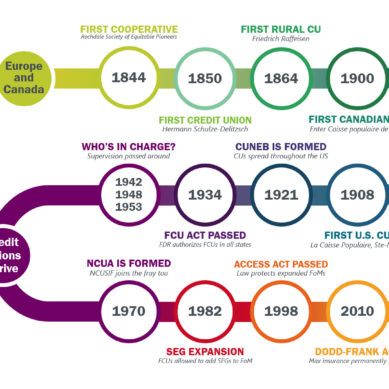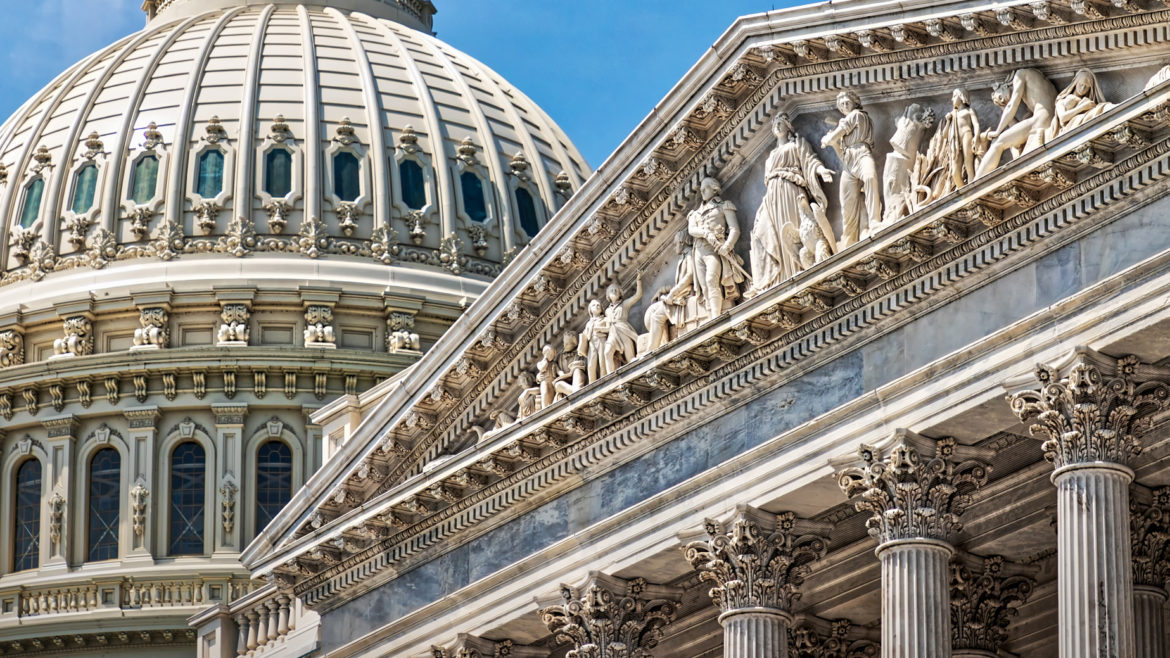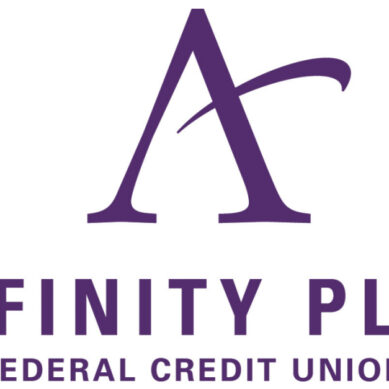On November 3, 2022, the Credit Union National Association submitted a letter to the Treasury Department in response to their request for comment on ensuring responsible development of digital assets. In the letter, Madison Rose, Director of Advocacy & Counsel for Payments and Technology, called for a national standard for the regulation of digital assets, arguing that financial institutions such as credit unions were subjected to increased regulatory burdens, which were often unclear and inconsistent, preventing them from taking on new technologies.
“The rapid developments of the digital assets system have far exceeded the pace of regulation,” the letter reads. “As a result, regulated financial institutions, like credit unions, have been held back from fully engaging in the digital asset marketplace due to a lack of clear authorization and guidance from their prudential regulators.”
The letter also argues that such a lack of a regulatory standard has resulted in an unfair and unbalanced market, as FinTechs and other such services, which are not subjected to the same regulations, have been able to experiment with newer technologies and gain increasing popularity, increased market share, and establish themselves with customers.
This increased market share and lack of regulatory oversight, however, have resulted in an increase in illicit activities such as data breaches, ransomware attacks, and Bitcoin scams. Rose maintains this is because FinTechs are able to circumvent laws meant to protect customers and do not have an obligation to follow government guidelines.
“The business model of ‘regulatory arbitrage’ generally leverages technology and sometimes the misuse of banking charters to skirt laws and regulations designed to protect consumers…Because regulation comes with a cost, entities looking to provide bank-like services without regulation can leverage technology to drive down cost and speed up innovation without considering risk or the negative impact of their actions.”
These illicit activities have negatively impacted consumers, making FinTechs a risk, unlike banks and credit unions which have a track record for protecting customers and have built trustworthy reputations. Should FinTechs and similar neobanks wish to engage in the same activities as banks and credit unions, the letter asserts, they should be held to the same standards.
“Creating and implementing a comprehensive regulatory framework for digital assets is the most effective way to ensure the effective deterrence, detection, and disruption of the misuse of digital assets and digital asset service providers by criminals,” Rose writes. “This framework should guarantee that all market participants providing similar products and services are regulated consistently, and it should be developed in coordination with the prudential regulators to provide clarity and a level playing field that encourages competition, provides appropriate protection for consumers, and promotes responsible innovation.”































































